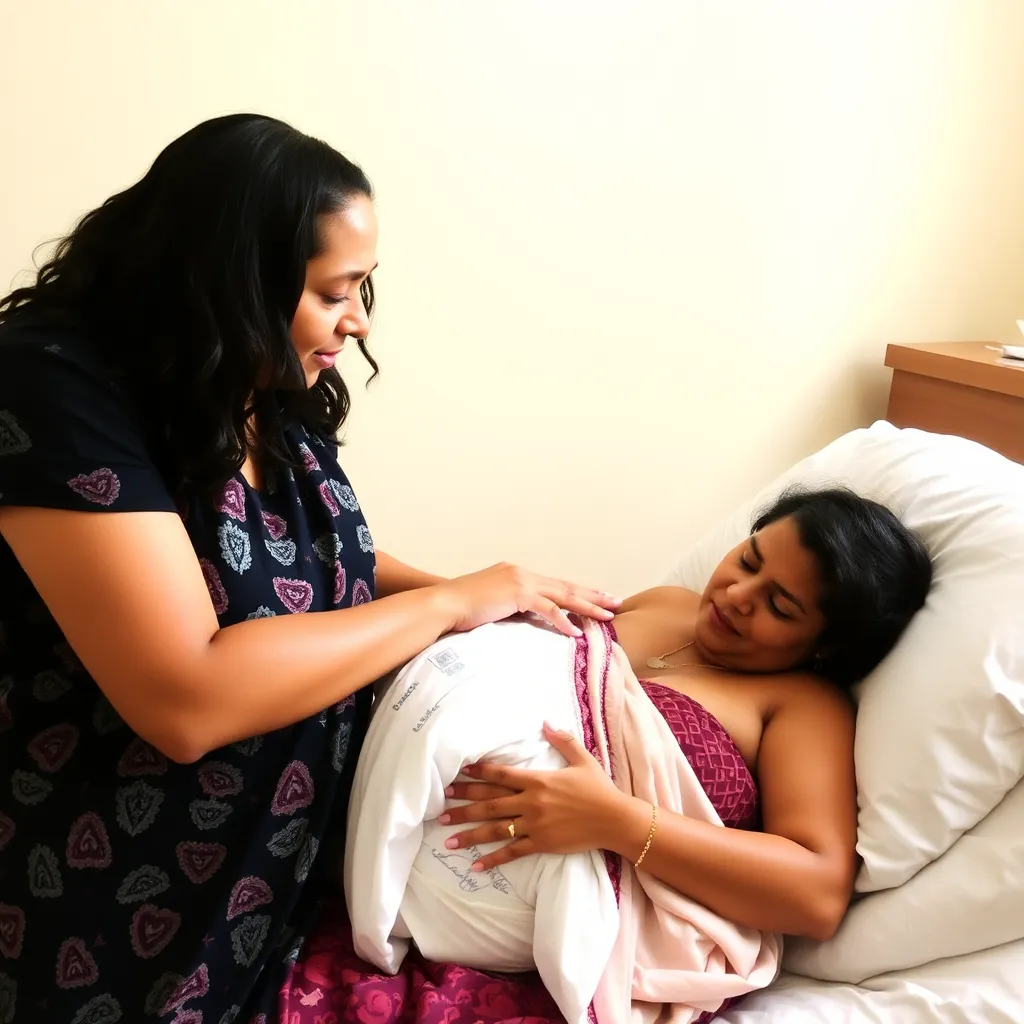
Could doulas improve maternal health outcomes in the U.S.? A growing body of research suggests that the answer is a resounding yes. A recent study has found that women who received doula care during pregnancy, childbirth, and the postpartum period had significantly improved outcomes compared to those who did not.
The benefits of doula care were numerous and impressive. Women who worked with doulas were more likely to have a vaginal delivery, rather than a cesarean section. They were also less likely to require epidural anesthesia or other pain medications during labor. Additionally, doula-supported women had shorter labors and were less likely to experience complications during delivery.
But the benefits of doula care didn’t stop there. Women who received doula support were also more likely to breastfeed their babies and had lower rates of postpartum depression. They also reported higher levels of satisfaction with their birth experience and felt more empowered and confident as new mothers.
So, what exactly is a doula? A doula is a trained professional who provides emotional, physical, and informational support to women during pregnancy, childbirth, and the postpartum period. Doulas are not medical professionals, but rather complementary caregivers who focus on supporting the whole woman, not just her physical health.
The study’s findings are especially significant in light of the United States’ poor maternal health outcomes. The U.S. has one of the highest rates of maternal mortality in the developed world, with women of color and low-income women being disproportionately affected. Doula care may be a key part of the solution to this problem.
By providing women with emotional, physical, and informational support, doulas can help mitigate some of the risk factors that contribute to poor maternal health outcomes. For example, doulas can help women develop birth plans and advocate for themselves during the birthing process. They can also provide physical support, such as massage and positioning, to help women manage pain and progress in labor.





